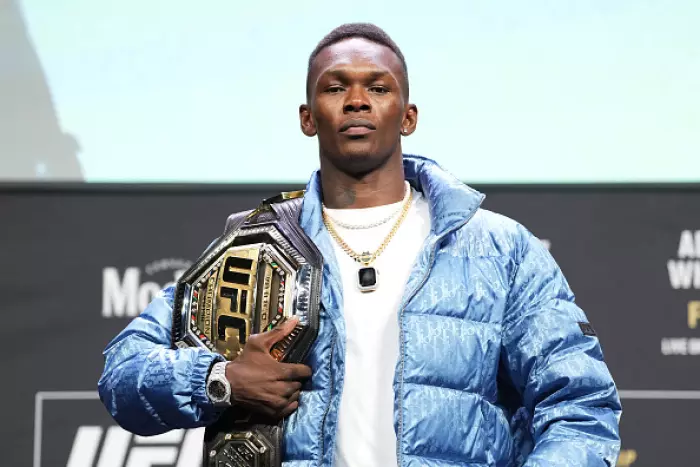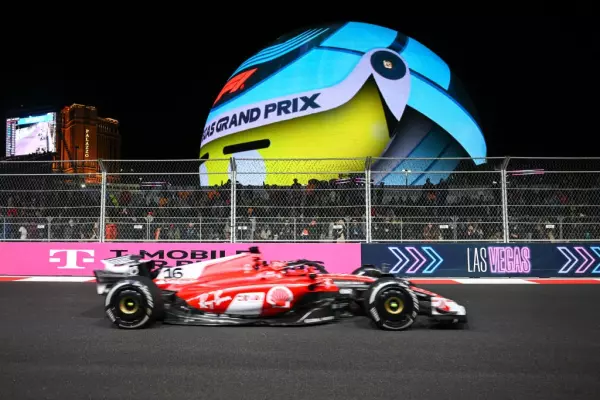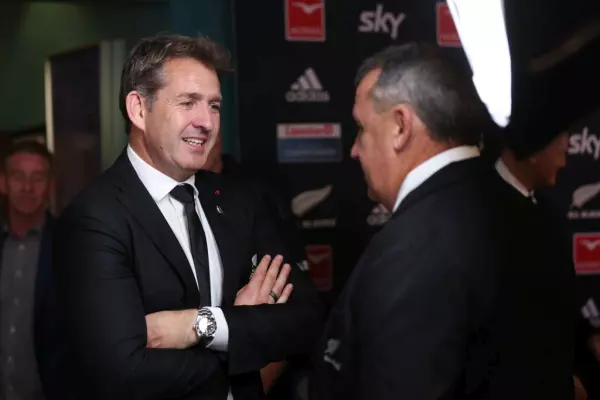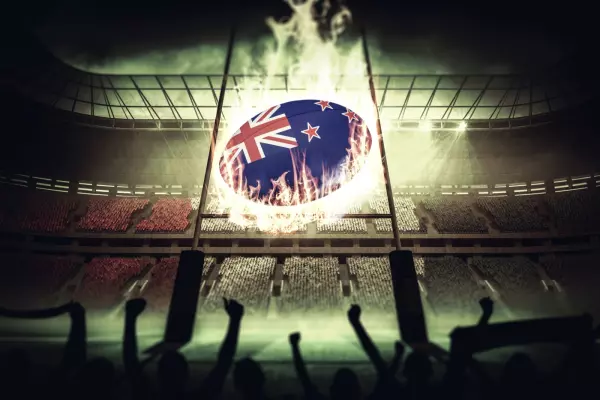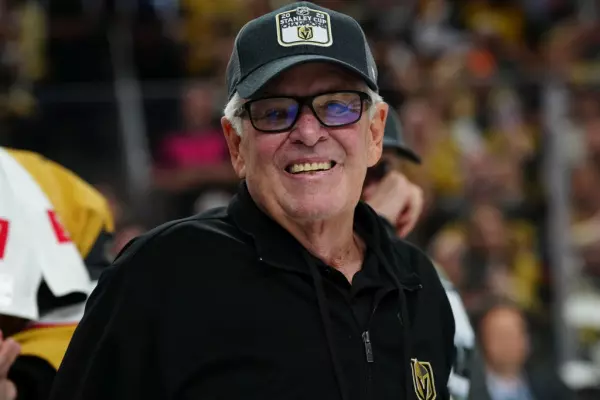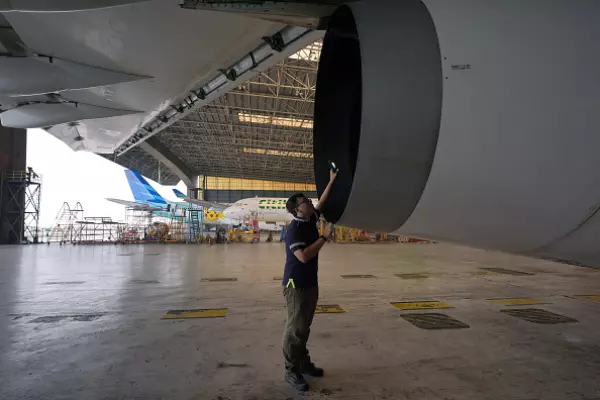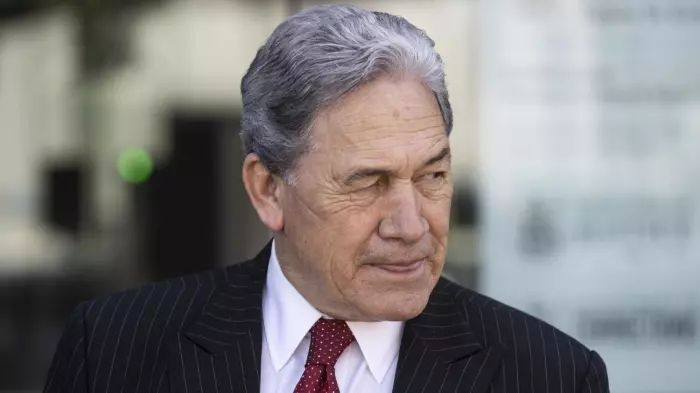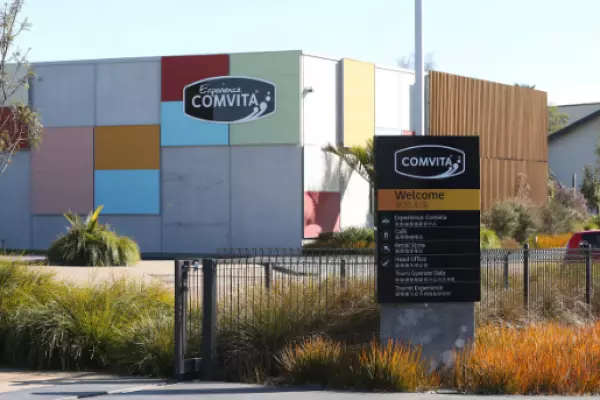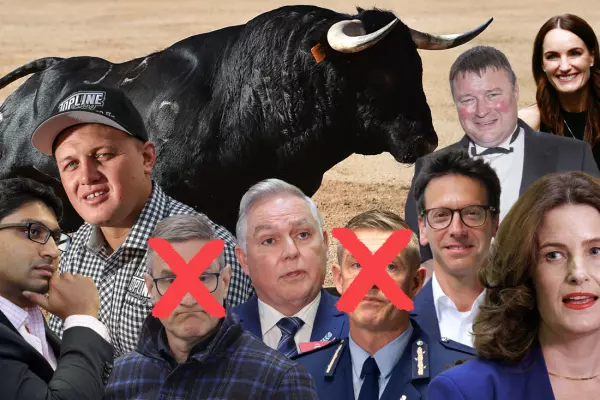AT A GLANCE
- Israel Adesanya has just signed the second-biggest deal in UFC history behind Conor McGregor’s six-fight $150 million deal.
- It could be worth more than $10m a fight and is a major play in a bitter pay dispute between UFC boss Dana White and current and former fighters.
- The deal places Adesanya second only among New Zealand’s highest-paid sports stars to Kiwi NBA ace Steven Adams who earns more than $50m annually.
FOR those who follow it from a healthy distance, the Ultimate Fighting Championship (UFC) is a strange beast of swirling contradictions.
Its global legion of followers claims it long ago usurped traditional boxing as combat sport’s premier attraction. And they’re probably right.
Yet its detractors (and not just those appalled by its naked violence) will, among wide and varied criticisms, damn it is a modern day gladiator’s pit – one where the Emperor reaps unfathomable riches while the poor saps of fighters put their body on the line for little more than survival wages.
And then there’s Joe Rogan of course. But let’s not get side-tracked.
In this cast, the ‘Emperor’ is Dana White, the bull-necked chrome-domed American who turned the UFC into a $US5 billion (NZ$7.4b) cash juggernaut and has never met an argument he didn’t want to be in the thick of.
There is no doubt White is a business genius. He saw the global appeal of Mixed Martial Arts (MMA) – primarily to young males – and created an empire whose numbers and achievements speak for themselves (500 events during its 29-year history, the improbable addition of a women’s division that somehow works, a host of multi-million dollar broadcasting deals worldwide, its own app and pay-per-view platform independent of the Big Tech players).
That’s no mean feat, especially in a sport as controversial as combat fighting.
But the confrontational White also has plenty of detractors – and many of them are current and former employees. Then there are the outsized individuals with unlikely power. The end result is White has been the central figure in a complex and bitter pay fight-cum soap opera that has broken out in recent years.
It’s here that we should pause and ponder the odds of two New Zealanders becoming central figures in this Shakespearean sports stoush.
Enter Mark Hunt and Israel Adesanya.
‘THE FIGHT OF HIS LIFE’
Before we get to Adesanya, we need to talk Mark Hunt.
There’s little dispute Hunt lit the fuse in taking on White.
The giant Samoan Kiwi, who turned a job as a K Road and South Auckland nightclub bouncer into a stellar MMA career, had an eight-year stint in the UFC from 2010 to 2018. He quit in righteous anger after a controversial match-up with American superstar pro wrestler Brock Lesnar who won the bout but tested positive to banned drugs in the lead-up and on the day of the fight.
Coating his criticism with the earthy language and physical mindset that goes hand-in-hand with the MMA community, Hunt sued Lesnar and White, accusing the latter of a host of crimes, mostly centred on ripping him and other fighters off and tolerating steroid cheats. He even challenged White to a fight to settle their differences. Hunt has now made a movie featuring the toxic row, titled “The Fight of His Life” which premiered earlier this summer.
Hunt claims White’s iron-fisted control of the UFC means its title-holders are “world champions of nothing” and akin to slave labourers.
White has been blithely dismissive of Hunt for several years now (“he’s a little cuckoo, that guy”, he said recently). He will also have enjoyed the major blow Hunt’s campaign suffered last month where a US district court has ordered him to pay the UFC $US388,235 in legal fees.
But the torch Hunt wielded has been passed to a clutch of personalities who are combining to make the UFC’s boss’s life much more difficult.
DANA WHITE’S NEW ENEMIES
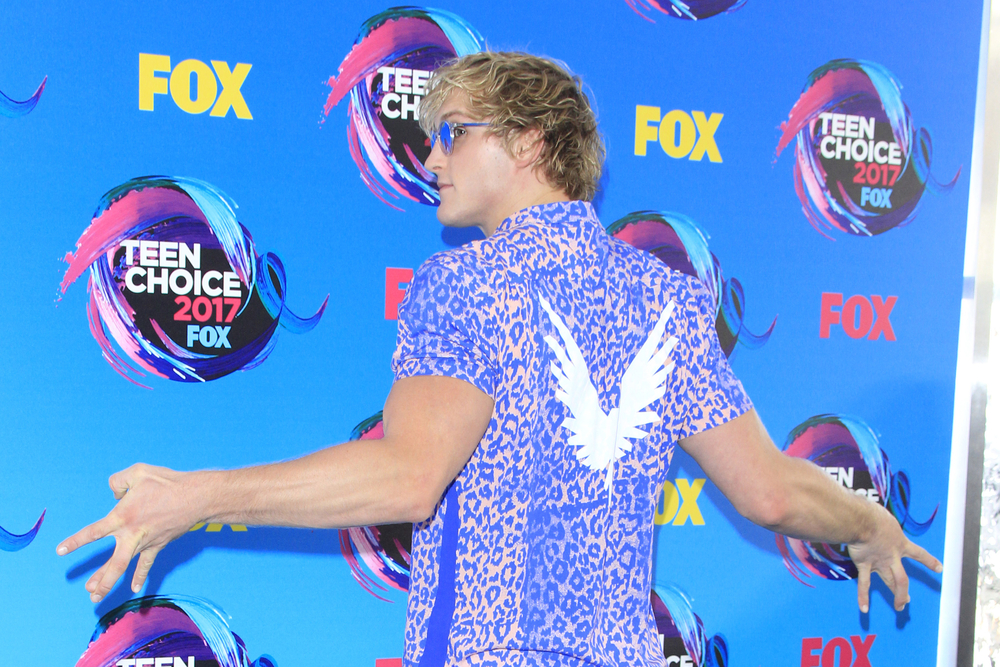 Logan Paul. (Image: Deposit Photos)
Logan Paul. (Image: Deposit Photos)The American brothers also fancy themselves as boxers and arrange their own bouts via social media by calling out big name boxers and UFC fighters. Their audience is hooked on the content they provide.
Initially, the pro fighters tried to ignore the pair, dissing them as “wannabees” and “hoaxes”. But Logan has amassed $US35m in three years and Jake $US30m from those prepared to indulge them in return for a big share of the pay-per-view spoils, which now include the likes of Floyd Mayweather.
The brothers use this success to constantly needle White, repeatedly challenging his leading fighters to boxing bouts outside of the UFC platform, promising a bigger slice of the cash pie if the fighter agrees. Both have demanded White increase the pay of UFC fighters and provide benefits like free medical insurance – the latter a targeted jibe after White famously stated brain damage was “part of the gig”.
Jake poked White in a rap video he made on the UFC, taunting him with a “pay your fighters more” line. The brothers even accused White of being a cocaine user (although White had levelled the same charge at Logan first … yes, lots of theatrics at play here I know).
By contrast to the Pauls, the UFC’s current titleholder in the prized heavyweight division, Cameroon-born Francis Ngannou, has been an articulate, persuasive and focussed critic of his boss.
Ngannou has arguably the most compelling back story in international sport today. This short film on YouTube captures it. Raised by a single mother, he constantly felt shame hearing stories about his father beating her and spent most of his childhood and teen years digging sand mines for 12 hours a day to financially support her.
He saw boxing as his way out and risked his life to get to Europe, spending a year homeless in Morocco before illegally crossing the border into Spain hiding in a truck following six previously unsuccessful attempts including one where he almost died.
He then spent two months in a Spanish jail as an illegal refugee before getting to France where he eventually found a gym and was convinced by coaches to switch from boxing to MMA. After breaking into the UFC, he became its heavyweight champion last year.
But Ngannou has been in a public dispute with the UFC over his contract for several years now, recently claiming he has lost more than £5m (NZ$10.19m) in potential earnings due to White. He says he was paid just $US600,000 for one recent headline fight. In comparison, world boxing heavyweight champ Tyson Fury made $US30m over his trilogy fight with Deontay Wilder.
A free agent at the end of this year, Ngannou is threatening to move to boxing unless White increases what fighters are paid and adds to their benefits. Known for being the hardest recorded puncher in the world, Ngannou could quickly move towards big money fights against the likes of Wilder and Fury (and even our own Joseph Parker somewhere along the journey). His loss would be a big blow to the UFC.
At the same time, White is being further squeezed by an increasing number of other top UFC fighters who are looking at the risk versus reward proposition he is offering them.
In the words of one critic, White’s stance has created a culture shift towards winning a UFC title, generating as much money as quickly as possible and then parlaying the fame to greener pastures. Examples include outstanding Russian lightweight Khabib Nurmagomedov who retired, seemingly prematurely, last year with a 29-0 unbeaten record and is now creating his own fighting troupe, even attempting to lure Jake Paul to join it.
Jake has threatened to change the system from within by investing in UFC’s parent company Endeavour. Lesnar said this week that he “probably should have got paid more” by White during his eight-fight UFC career.
If ever Dana White needs a friend, it’s now.
COMETH THE HOUR, COMETH THE MAN
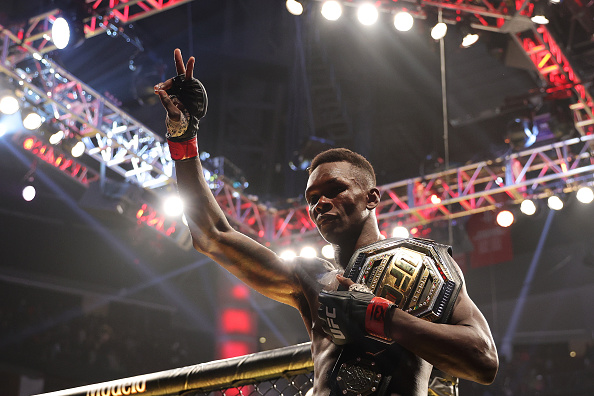 A victorious Israel Adesanya. (Image: Getty)
A victorious Israel Adesanya. (Image: Getty)It was a deal White desperately needed. Alongside Ngannou and fading American Jon Jones, Adesanya is the UFC’s biggest worldwide star. Such is his command, many say he has a shot at succeeding legendary Brazilian Anderson Silva as the UFC’s GOAT.
Charismatic, handsome, articulate, the “Last Stylebender” is a once-in-a-generation athlete moulded by his coach Eugene Bareman and his remarkable City Kickboxing gym which now has eight UFC fighters and is a marquee name in the world of MMA.
That Nigerian-born Adesanya identifies as a New Zealander is a genuine boon for this country, no matter what you think of martial arts or the extroverted 32-year-old’s expletive-laced attacks on everybody from the NZ Government to his opponents.
Unlike many other fighters, White has never picked a public fight with Adesanya. Instead, he has repeatedly lavished the Stylebender with praise. No doubt it’s a strategic decision. White realises he has a gifted and rare gem who can influence the UFC’s future more than any other individual.
While Adesanya has robustly defended White (and Joe Rogan) repeatedly in the past, he is no fool. Nor is he a willing and unblinking tool for anyone. White has clearly conceded ground in the new deal, at least with his No. 1 attraction anyway. How much ground is still open to speculation.
The details of Adesanya’s new deal with White remain closely guarded. His management agency will only say the deal will make him one of the highest paid fighters in the game. Jake Paul waded in and claimed Adesanya’s talent and box office status demands a $US7m price-tag per title defence.
Israel is managed by the same company that represents controversial Irish fighter Conor McGregor who, off the back of unprecedented UFC pay-per-view records, reportedly secured an extraordinary six-fight deal worth in the range of $US100m in 2018.
The deal is conceivably close to Paul’s figure, and if so, potentially propels the Kiwi’s annual fight earnings to in excess of $US20m if he fights more than three times in a year.
Adesanya is on record as saying his new deal is the “second biggest” in UFC history.
"You can't undersell my value. If you are, you're kidding yourself," he says. "I bring so many different looks to this company, even without trying.”
At his deal announcement, Adesanya expressed optimism that the UFC would come to terms with Ngannou but acknowledged there was more work to do overall on fighter pay.
He also played peacemaker, saying while his deal doesn’t “need to be brought forth, because every case is different”, it was shifting the landscape for the better of his colleague. “People make mistakes. The UFC’s filled with humans, humans make mistakes ... but we can always amend those mistakes, and honestly, rising tides lifts all the ships. And with this, I feel like it’s the first step in this trickle-down effect to the rest of the fighters and lifting everyone up.”
Adesanya added that included fighters starting out in the UFC including his City Kickboxing team-mates Carlos Ulberg and Mike Mathetha (also known as Blood Diamond). “I’m not saying, like, pay the [debuting fighters] some crazy money,” he said. “No, just pay them enough to train, feed their family and actually not have a second or third job. Because we’re UFC fighters.”
This suggests Izzy is no pawn. Instead, it looks like White has sniffed the wind and Adesanya has nimbly played a key role in improving fighter rights.
If there’s a bit of infamous American boxing promoter Don King in Dana White, there’s a bit of Muhammad Ali about Israel Adesanya.
He now looms large as a key UFC product and trailblazer.
“I love this company,” he said last week. “I’m fortunate to be in the position I’m in to sign this new deal, but the UFC’s going to do it right. I feel like this is the first step. Francis started it off, and I’m getting my dues as well … because, yeah, it’s time. “


